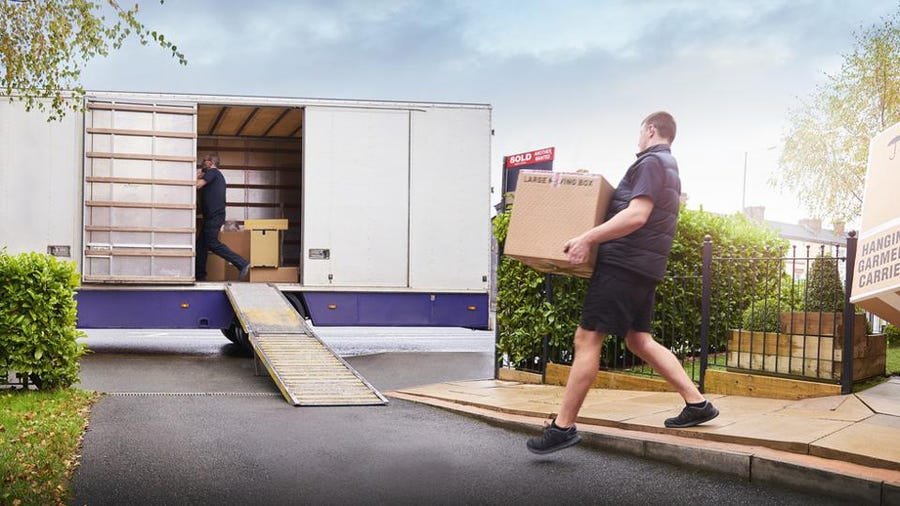If you’re in the market for Interstate Movers, you’ll need to be careful to ensure that you don’t hire a company that’s just looking to take your money and run. There are a few things you can do to ensure that you find a professional mover who’s not going to scam you.
Avoiding non-binding estimates
When hiring Interstate movers, it is important to get a binding estimate. These estimates are meant to protect you from overcharging. They are also known as “guaranteed not to exceed” estimates.
These estimates are provided by moving companies. Unlike non-binding estimates, a binding estimate provides a guaranteed price, regardless of the actual weight of the shipment.
You can get a non-binding estimate over the phone or online. A ballpark estimate is based on basic information gathered from you over the phone. But these are not very accurate.
Moving companies can’t charge you more than the original estimate plus ten percent at the time of delivery. You may also be forced to pay more if your move total exceeds your estimate. Nevertheless, a binding estimate is the most accurate way to determine the cost of relocating.
When choosing a moving company, you need to find out the difference between a binding and a non-binding estimate. The terms can be confusing.
Avoiding hiring unlicensed movers
When it comes to hiring Interstate movers, it is crucial that you hire a licensed company. There are many risks involved when choosing an unlicensed mover. These movers are often inexperienced and careless, and they can rob you of your property.
Unlicensed moving companies often offer low quotes. But, they may not have the insurance or registration to protect your belongings. They also can offer unsafe equipment and inexperienced movers.
Some rogue movers advertise on sites like Craigslist or in local newspapers. In addition, they may represent themselves as a legitimate business. However, the licensing and registration of movers vary by state, so you should be sure to check with your state’s department of transportation.
If you’re unsure about a mover, you should check with the Better Business Bureau or other consumer protection agencies. A reputable mover should be able to provide references from previous clients.
The California Department of Consumer Affairs has a website where you can verify license information. It’s a good idea to get a copy of the bill of lading and other paperwork before signing.
Checking if a mover’s insurance covers everything
When you are choosing a mover to transport your belongings, you should check if they have insurance. Not all companies do and if they don’t have it, you might want to go with the ones that do. This isn’t an exhaustive list but you should do some research before signing a contract.
There are two main types of moving insurance – full value and released value. Full value is more expensive, but it will definitely protect your belongings. It covers the replacement value of your possessions in case they are lost or damaged in transit. Some companies will even pick up and drop off your items at your home.
Released value is a lot less expensive and is the lesser of the two. While it won’t compensate you for a lost or damaged TV, it does the trick for a lot less. For example, if you have a fifty pound flat screen television, you’re looking at only thirty cents in compensation.
Avoiding paying a mover for your possessions
Many American citizens hire a professional moving company to move their possessions. But before you sign the contract, make sure that the mover has been vetted by the Federal Motor Carrier Safety Administration (FMCSA). If there is an investigation into the mover’s business practices, the carrier’s operating authority may be suspended for up to 12-36 months, or even fined $10,000 per day.
It is also important to know that a legitimate mover will usually offer minimal insurance. You can buy additional coverage for “replacement value” or “damage to property” from your home’s insurer, or you can leave a specific weight or value blank on the paperwork. A fake mover, however, will likely demand a higher price to release your possessions.
In addition to the “no payment until delivery” policy, most reputable movers will require you to photograph and video valuable items before you leave. They will also likely accept cashier’s checks or credit cards as payment, but you should always ask about missing documents or information.
